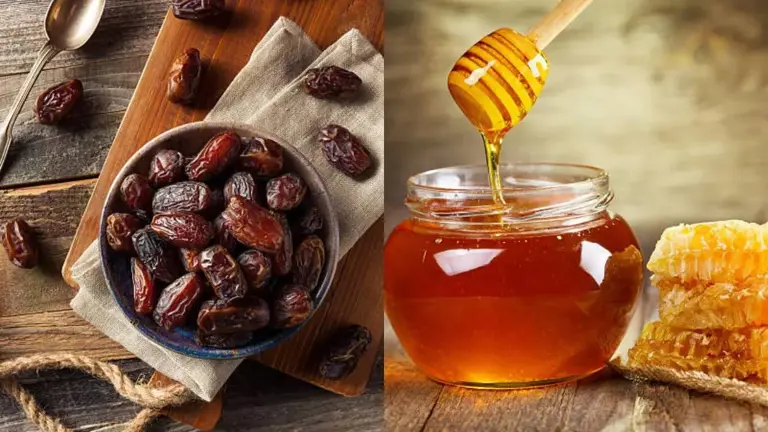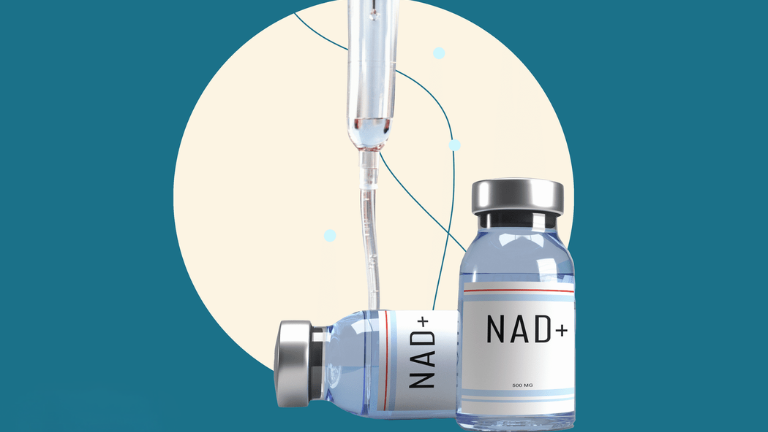Dates vs. Honey: Which Natural Sweetener Is the Better Choice for Your Health?
In the ongoing battle to replace refined sugar, many people are turning to natural sweeteners. Among the most popular and time-tested options are dates and honey. Both have been celebrated for centuries across different cultures—not only for their sweetness but also for their nutritional and medicinal properties.
But when it comes to making a truly healthy choice, who wins in the battle of dates vs. honey? Should you toss a few dates into your smoothie, or stir a spoonful of honey into your tea?
Let’s explore the differences between these two natural sweeteners to help you make an informed choice.
Nutritional Breakdown: Dates vs. Honey
When comparing dates vs. honey, it’s clear that both offer unique nutritional benefits, but they do so in very different ways.
Dates are often referred to as nature’s candy—but don’t be fooled by the nickname. They’re packed with nutrients. A 100g serving contains around 277 calories, 75g of carbohydrates, 7g of dietary fibre, and 2g of protein. Dates also provide essential minerals like potassium, magnesium, iron, and vitamin B6.
Honey, on the other hand, delivers about 304 calories and 82g of carbohydrates per 100g, but it lacks fibre. It does contain small amounts of vitamins and minerals and is particularly known for its antioxidant and antimicrobial properties.
So when it comes to raw nutritional value in the dates vs. honey comparison, dates offer more fibre and micronutrients, while honey stands out for its unique therapeutic benefits.
Blood Sugar Impact: Which Sweetener Is Gentler?
One of the key considerations in choosing a sweetener is its impact on blood sugar levels.
In the dates vs. honey debate, dates generally come out ahead in this category. Thanks to their fibre content, dates have a moderate glycemic index (GI), meaning they raise blood sugar more slowly. A 2011 study in Nutrition Journal found that moderate consumption of dates did not cause sharp glucose spikes.
Honey has a higher glycemic index, meaning it can raise blood sugar more rapidly. Although honey contains antioxidants that may offer health benefits, its effect on glucose levels makes it less suitable for individuals managing diabetes.
If blood sugar stability is a priority for you, dates are the safer bet in the dates vs. honey matchup.
Antioxidant Power: Dates vs. Honey Benefits
Both dates and honey offer impressive antioxidant properties—but in different forms.
Dates are rich in flavonoids, phenolic acid, and carotenoids. A 2019 review in Critical Reviews in Food Science and Nutrition showed that dates help reduce oxidative stress, inflammation, and the risk of chronic diseases such as heart disease and Alzheimer’s.
Honey is also a potent antioxidant source. A 2017 study in Oxidative Medicine and Cellular Longevity found that honey’s phenolic compounds contribute to its anti-inflammatory and heart-protective effects.
In terms of antioxidant power in the dates vs. honey comparison, both come out strong—but dates may offer a broader range of compounds.
Digestive Health Benefits: Which One Wins?
When it comes to supporting gut health, dates clearly take the lead in the dates vs. honey comparison.
The fibre content in dates supports digestion, regular bowel movements, and overall gut health. A 2015 study in The British Journal of Nutrition found that people who consumed dates daily showed improved digestive function.
Honey, while lacking fibre, does have prebiotic properties, which help feed healthy gut bacteria. However, its impact isn’t as pronounced as fibre-rich foods like dates.
If your focus is on improving digestion and maintaining a healthy gut, dates are the better choice.
Unique Health Benefits: Dates vs. Honey Effects
Both natural sweeteners offer health advantages that go beyond basic nutrition.
Dates are linked to brain health due to their anti-inflammatory properties. A 2020 study in Frontiers in Neuroscience suggested that regular date consumption could reduce the risk of neurodegenerative conditions.
Honey has long been used in traditional medicine for its healing, antimicrobial, and cough-suppressing qualities. A 2018 review in The Cochrane Database of Systematic Reviews confirmed that honey was more effective than some over-the-counter medications for relieving symptoms of upper respiratory infections.
So in the dates vs. honey battle, dates may support cognitive and gut health, while honey offers external and respiratory relief.
Environmental and Dietary Considerations
From a sustainability perspective, dates may also have the edge. They require fewer resources to produce compared to beekeeping, and they have a longer shelf life. Additionally, dates are plant-based, making them suitable for vegan diets.
Honey, although natural, is an animal by-product, and some vegans may choose to avoid it for ethical reasons.
So for those prioritizing environmental impact and dietary restrictions, dates score more points in the dates vs. honey face-off.
Final Verdict: Dates vs. Honey – Which Should You Choose?
The dates vs. honey comparison shows that both natural sweeteners have their strengths—and neither is inherently “bad.” The better choice depends entirely on your health goals and lifestyle.
- For gut health and fibre: Choose dates.
- For a liquid sweetener with antibacterial benefits: Go for honey.
- For blood sugar control: Dates are more stable.
- For respiratory relief or skin healing: Honey may be more helpful.
- For sustainability and plant-based diets: Dates win again.
Ultimately, both dates and honey can be excellent additions to your diet—when used in moderation.







